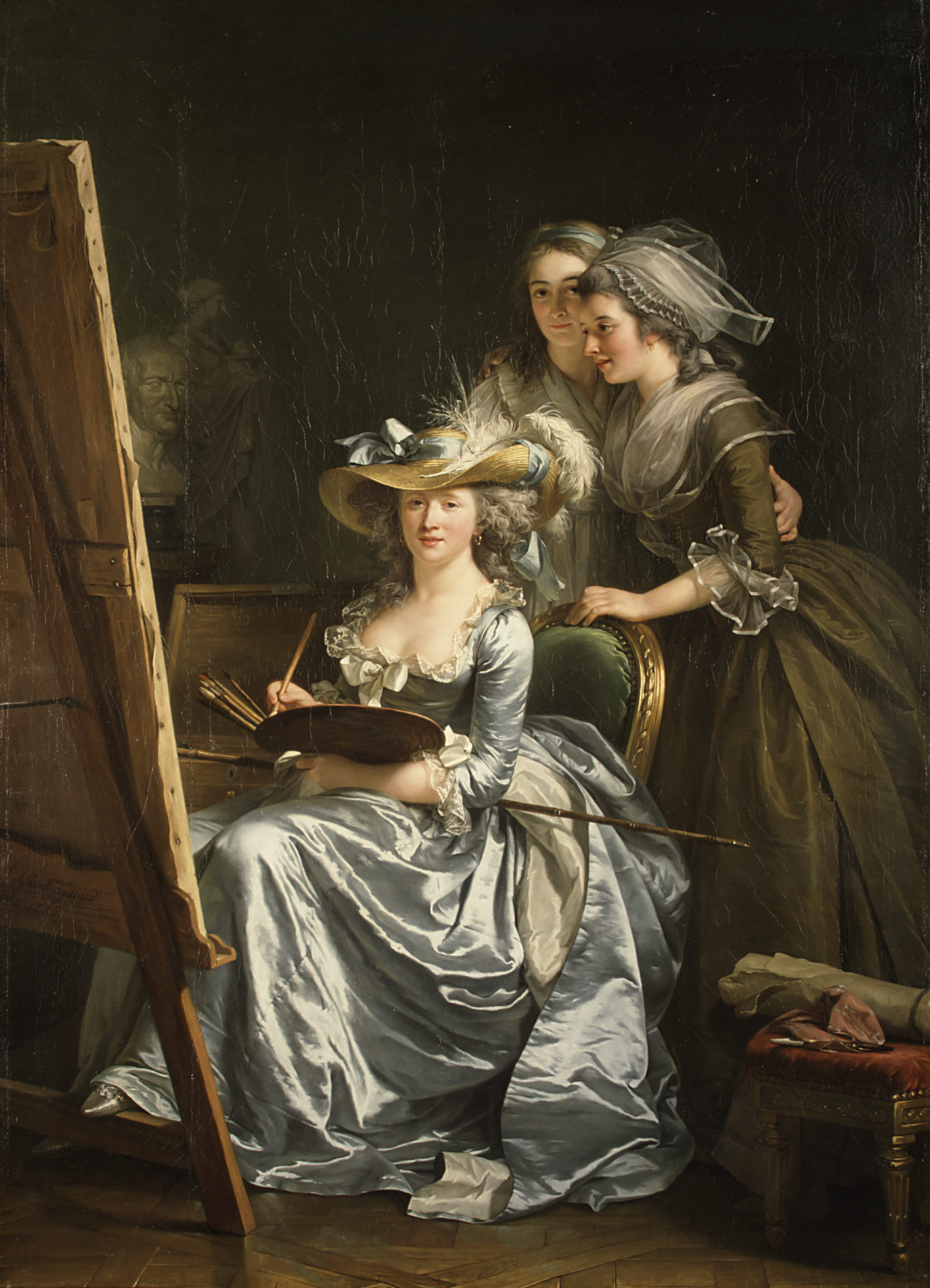
“The Summer We Were All Seventeen”
From Pageant by Joanna Fuhrman, pg. 4
It was 1968. The clock read 10:43.
The Vietnam War was trapped in the television
like a moptop Rocky Road ice cream cone.
I was hungry ALL THE TIME,
munching on barbeque-flavored soy chips,
slurping pumpkin ravioli with a trimmed white poodle
named Betty Friedan.
It was the year I found twenty pointy virginities moist
in the fangs of a runaway wolf.
The year my voice broke like a lake and I sang
renegade karaoke naked beneath my sparkly trench coat.
Even the sun was an eyelid—
no one could see the rest of the face.
*
Dear Radio,
we love you
even though
we all know
you’re a big-time phony—
we call you
the secret hiding place
of rock and roll,
but we all know
the real
rock and roll
invented
by Arthur Rimbaud
with flaming tambourines
and multi-breasted albino
oranges
you crushed
years ago,
destroyed with your
beautiful
fangs.
*
In 1968 I was the inventor of bonfires and tie-dyed ball gowns,
the inventor of insomnia and transcendent typos. Every song ever
played was written by a monkey on a laptop.
every drum ever destroyed burst with centrifugal liquid lasers.
I was William Carlos Williams dancing
naked in front of the mirror while my wife and children were sleeping.
I was Li Po singing
on the peeling fire escape, smoking pot and cracking jokes about Taoism.
It was 1968 for a whole twenty minutes.
The television broke like fireworks. The television
exploded
like sprinklers.
It was 1968 for a whole century. It was 1968
when we made love beneath
the rainbow canopy of candy GI Joes
and gave birth to a Janis Joplin Cabbage Patch Doll.
Jimi Hendrix swallowed
the ashes and dove headfirst into the My Little Pony blow-up pool.
I was twenty years old
or I was six years old. I devoured every radio,
eating the wires.
I hooked my veins to the electrical current
and wrote emails to Gilgamesh twenty-four hours a day.
I illegally downloaded Steal this Book.
I fell down on the green carpet and stared at my bedroom’s cloud wallpaper.
I saw my face forming in every two-dimensional puff.
It was the summer
of free vowels,
damp noses, exfoliating
participles.
I was nostalgic for the idea of poetry
more than poetry itself.
I injected caesuras in the veins of my toy cadaver
and wrote the word “revolution” all over my friend’s plaster cast.
Rain-soaked toddlers photographed me
and sold the negatives on Ebay.
I covered every centimeter of my body with discarded gun wrappers.
I covered my head with a floating chuppa and sewed a colorful bikini
out of a discarded hijab.
I wore the whole city around my waist as a dangling belt.
Everyone could hear me jangling
from the other side of the globe.
----------
There is something about this poem which disturbs me immensely. 1968, here, appears to be a highly commodified year, era. There is a sarcasm in the tone here, and I think, sarcasm can often be put to really effective uses in poems. So, if I have to read it really against the grain, I will say, this poem mocks the commodification of dissent in the 1960s. But I just want to step back a little bit and ask: was 1968 only about commodification? Was it only about rock and roll, girls with flowers in their hair, and playing revolution? So, I can't really help pointing out that this is a poem that has been written out of the white, middle-class unconscious of the American empire. Yes, the references to a young woman's coming-of-age is interesting here, but even that has been explored through the mediation of a commodified culture, which thrives on appropriating dissent. Where is Black Panther, Young Lords, the demands for Ethnic Studies programs in this poem? Where is race? Where is even feminism? Not to speak of the fact that 1968 means something very different for me, for folks in the Third World. I mean, in India, we are still struggling with the legacy of 1968, what with the Indian state declaring Maoists to be the "biggest internal security threat." Today's Maoism that literally emerged out of the Naxalite movement of the 1968. There can be lots of criticisms of it, some very serious ones. There can be rejections of it too. But it meant a LOT more than a culture of commodified dissent mediated through a highly structured culture industry. Not to speak of the immensity of the state violence that was unleashed.
So I have been trying to write a poetic response to this one. It's happening in bits and pieces, but I think I am getting stuck in between a very familiar language of Leftist nostalgia, and a more inwardly drawn language of individual exploration? How to write about individual experiences of witnessing and participating in a moment of global political upheavals?What happens when one throws gender in the mix? I don't know don't know don't know...but hopefully will get to know...something...a little bit more than what I do now...
_MiaWasikowska_500x341.jpg)


